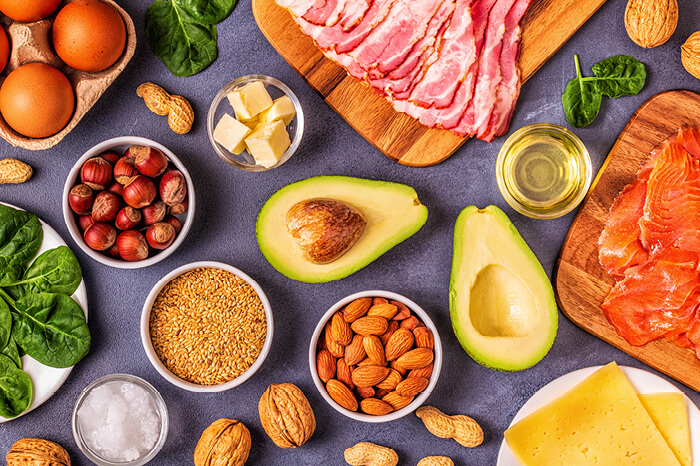Meal planning may seem challenging; however…
Meal Planning is Beneficial In So Many Ways! Let’s Get Started!
Benefits of Meal Planning
Sustain Metabolism
Eating every 2-3 hours helps to maintain an active metabolism. By doing so, your body doesn’t feel it needs to store food and energy. Plus, waiting too long to eat often influences what we choose to eat while starving.
Save Time
Planning food for the week helps us know what to buy when grocery shopping. Following a list stops us from wandering around picking things up that look good at the time (probably because we are hungry).
Save Money
If you go to the store once each week, knowing exactly what you plan to buy, less money is spent rushing to the store to pick up something fast or grabbing fast food because you have “nothing in the house.”
Meals not Snacks
Don’t “snack,” eat food/meals every few hours. Snacks often lead to junk food or fast fixes. But meals can be as simple as yogurt, veggies, fruit, or protein.
So where do we begin?
Let’s Start with Macros!

Protein
1) Builds and repairs muscles and bones.
2) Carries oxygen through the body
3) Fuels energy
4) Keeps us feel full longer
**But don’t overdo it! Too much protein stores as fat**

Carbs
1) Energy Production (Glucose)
2) Energy storage (glycogen) for future use when needed, such as long exercise that burns a lot of energy.

Fats
1) Provides energy
2) Helps to support vitamin absorption
3) Unsaturated fats (nuts, seeds, avocado, salmon…) reduce risk of heart disease
Want to know your specific numbers for your macros?
Reach out to Erica Alley at alleynutrition@gmail.com!
Tips and Tricks
Grocery Shopping
Shop the perimeter of the grocery store. The middle is full of prepackaged food with preservatives.
Preparing Veggies
The food that costs the most for no reason are the fruit and veggies we throw away because we did not prepare them while they were still good. Prepare veggies immediately when you get home or buy veggies that are already prepared so that they will be eaten.
Don’t Keep it in the House
If you don’t want it to make its way into your stomach, do not keep it in the house. Of course, this is difficult with children or a partner that swears that they can’t live without it. Slowly make changes (one thing at a time). Or at least store the food where it is not right in front of you. Put it in a cabinet or on a higher shelf.
Putting Thoughts into Action
Trial and Error
Just because a friend does it one way, or the website we visited swears that this is the way to do it, does not mean it is right for us. Each action must be sustainable. Otherwise one month from now we are back where we started.
Consider the Week
Every day is different. Some days we are sitting in the office and others we are driving kids around to activities. When we are meal planning, we should check out the calendar so we plan effectively.
Meals Between Meals
Again, the word “snack” has left our vocabulary. But that doesn’t mean that we don’t get hungry during the day. If we eat smaller meals approx. every 3 hours, we are supporting metabolism.


Keep it Simple
Consider the time it takes to prepare food for the week. Again, is it sustainable? What are fast ways that we can plan healthy meals? For example, consider roasting vegetables or using an air fryer with water for chicken. Consider crockpot recipes that can be prepared in advance.
Leftovers are Helpful
The dinner we make for tonight can be dinner the next night or the lunch we take to work with us. The crockpot meal that we made on Sunday can probably be lunch Monday and Tuesday.
Pair Carbs with Protein and/or Fat
Eating carbs alone will spike our insulin level giving us that energy boost… this is then followed by a fast decline leaving us hungry, tired, and looking for another fix.
Most Importantly,
Don’t Forget….

Christy and Erica
CrossFit 5885
January, 2023